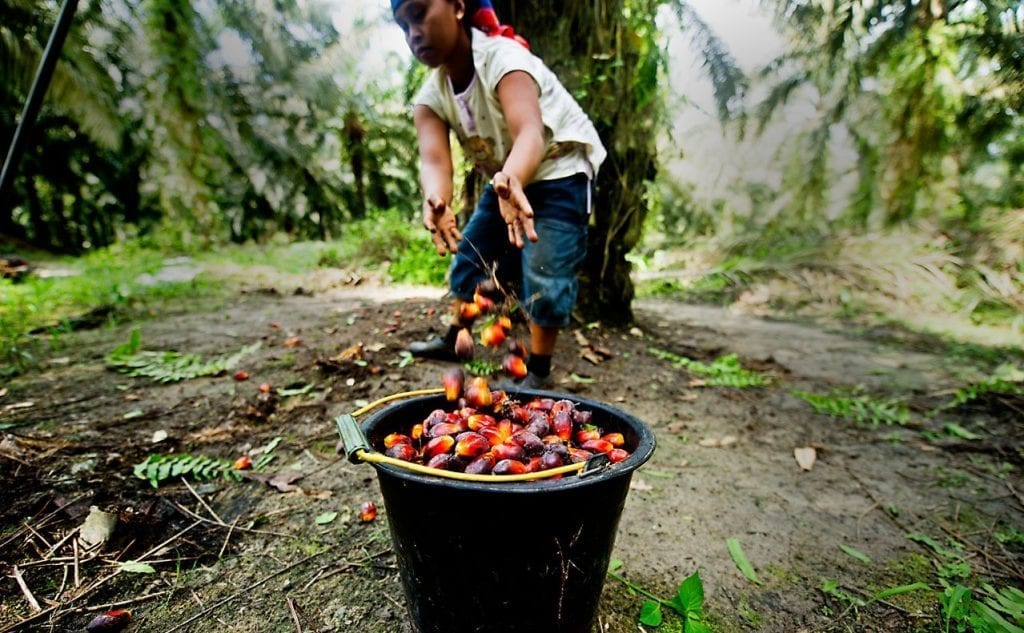
Malaysia will push back a mandate to blend more palm oil into diesel to a later date following a rebound in crude palm oil prices.
The biodiesel program, targeted at transportation and industrial sectors, was initially designed in-part to cut the Southeast Asian country’s swelling palm oil inventory that weighed on prices of the commodity.
“After a thorough study, taking into consideration the difference between crude palm oil and diesel prices at current volatile market, I would like to announce that the implementation of Biodiesel Mandate will be deferred to a later date,” Plantation Minister Mah Siew Keong said in a short statement.
The content of palm oil in biodiesel will be raised to 10% under the so-called B10 program that blends palm-based methyl ester with traditional petroleum diesel for sale at retail pumps nationwide. Malaysia will also mandate for a 7% blend, or B7, for industrial sector.
The program, scheduled to be enforced next month, has been delayed twice this year amid mounting concerns from vehicle resellers over potential damage to engine that may prompt manufacturers to dishonor their warranty pledges.
The rising cost of palm oil could result in higher pump prices for consumers at a time when Malaysian households are grappling with higher cost of living.
“Although significant effort has been put into for its implementation, the government is committed to ensure that there is no burden of extra cost at this time,” Mah said in the statement.
Malaysia estimates that the program is expected to consume about an additional 709,000 tons of crude palm oil annually, and contribute to a saving of 820 million liters of petroleum diesel a year.
Crude palm oil production in Malaysia declined 2.2% month-on-month to 1.67 million tons in October, a seasonally strong month, according to data from the Malaysian Palm Oil Board. On a year-on-year basis, output plunged 17.6% in October and inventory stood at 1.57 million tons.
Spot prices of crude palm oil has risen more than 30% so far this year as production of the edible oil used in everything from soap to snacks fell in Malaysia and Indonesia due to unfavorable weather conditions.
Key agricultural areas in Malaysia and Indonesia, which collectively produces more than 80% of the global supply of palm oil, have been hit by lingering effects of 2015’s El Nino weather conditions that shriveled oil palm trees and hurt yields this year.
El Nino is the unusual warming of the Pacific Ocean that causes a shift of moist winds away from their more typical patterns and results in less rain.
The benchmark crude palm oil futures on Bursa Malaysia Derivatives for January delivery rose 2.0% to 2,883.00 ringgit on Wednesday.